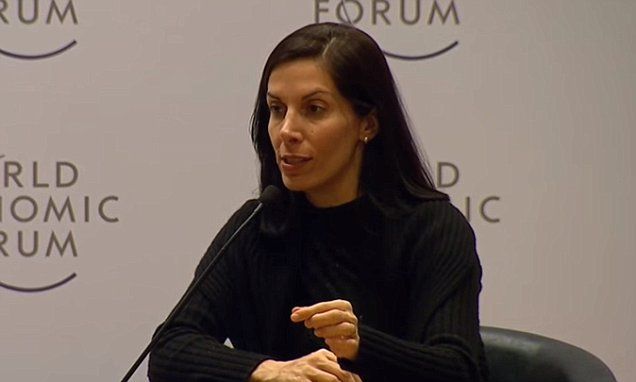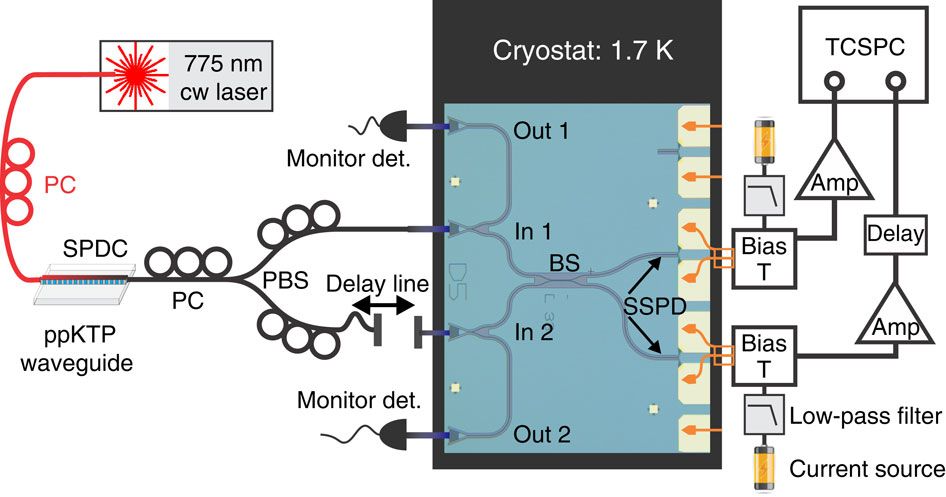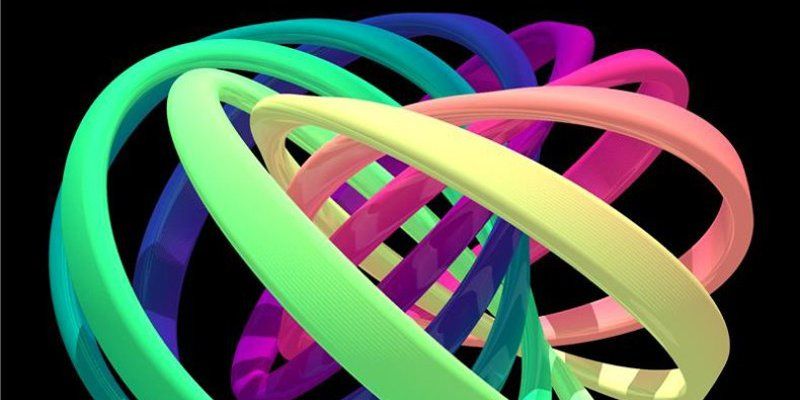Jan 27, 2016
New record in nanoelectronics at ultralow temperatures
Posted by Karen Hurst in categories: computing, electronics, quantum physics
Another Quantum Breakthrough through ultra- low temp nanoelectronics- Sub-millikelvin nanoelectronic circuits and is another step on the way to develop new quantum technologies including quantum computers and sensors.
The first ever measurement of the temperature of electrons in a nanoelectronic device a few thousandths of a degree above absolute zero was demonstrated in a joint research project performed by Lancaster University, VTT Technical Research Centre of Finland Ltd, and Aivon Ltd.
The team managed to make the electrons in a circuit on a silicon chip colder than had previously been achieved.
Continue reading “New record in nanoelectronics at ultralow temperatures” »

















